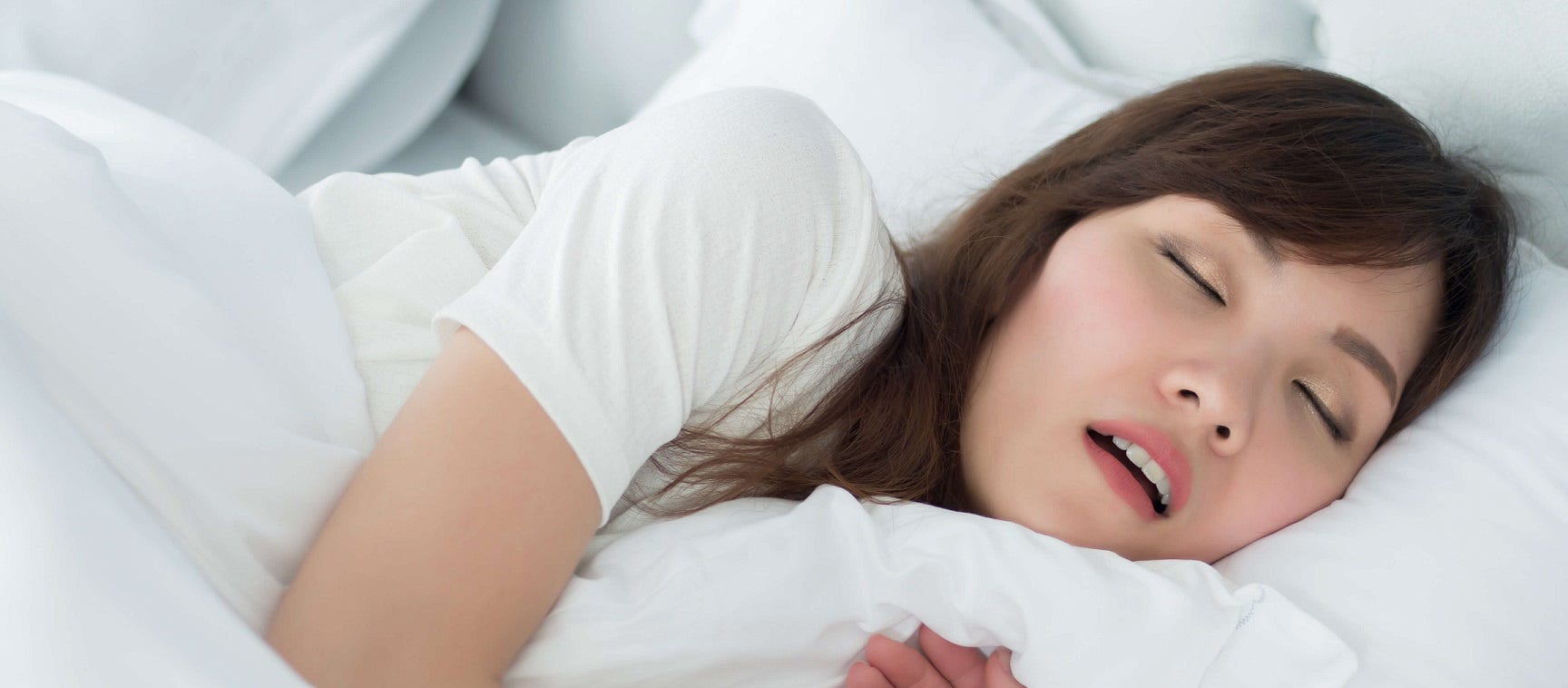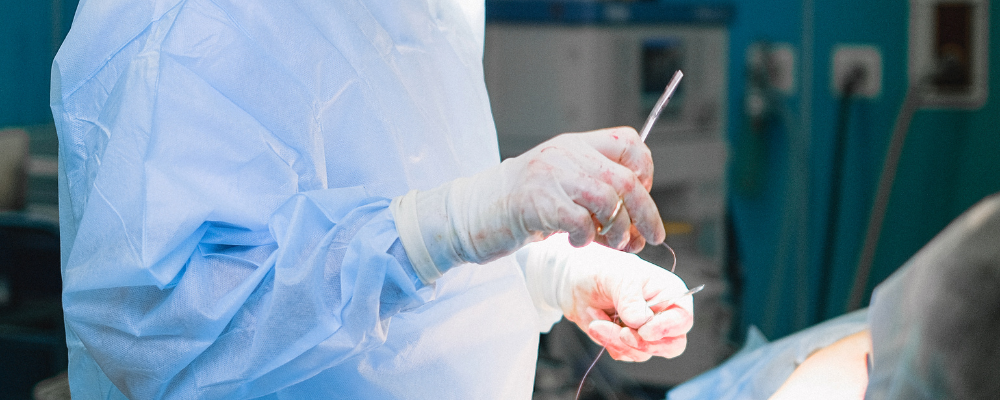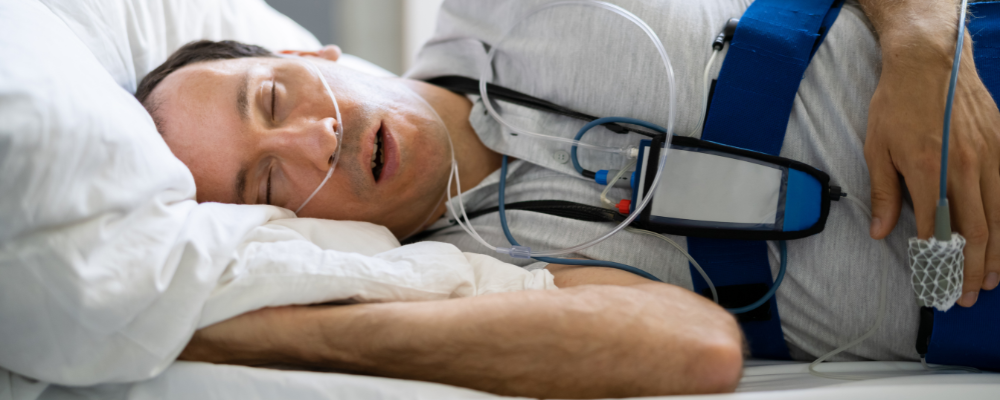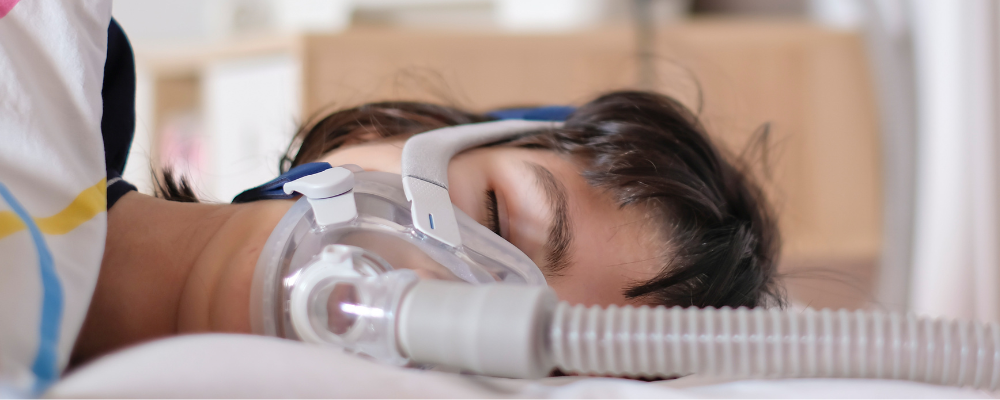You may have sleep apnea if you snore, suffer from excessive daytime sleepiness, or have one of many comorbidities; like hypertension, obesity, and type 2 diabetes. But how did you get it? Today, we will explore the various ways both genetic and hereditary risk factors play a role in whether or not you have sleep apnea.
Genetic vs Hereditary
First, it’s important to remember that there is a difference between “genetic” and “hereditary.” Your eye color isn’t going to change, but your naturally straight hair may become curly after cancer treatments. This is just one example of a gene mutation.
Genetic
A genetic disease is also the result of a gene mutation ¹, which can either occur randomly or be caused by your environment. For example, food allergies may present themselves at any time. The gene that allows you to eat—let’s say—shellfish suddenly mutates when you’re 30, so you break out into hives the next time you visit Red Lobster at age 31. That’s genetic.
Hereditary
An inherited disease is when the mutated gene is already present within one or both parents and is passed down to you. You may then continue to pass it on to your children. Some of the most common examples are high blood pressure, cardiovascular disease, and type 2 diabetes. These are all considered hereditary.
Michelle Worley, Director of Clinical Operations at Aeroflow Sleep and a Registered Nurse, further explains, “[‘Genetics’ and ‘hereditary’] can be used interchangeably at times. Many times the genetic factor can cause the inherited trait.” A genetic factor is when there’s an increased likelihood of developing a particular disease ².
Is Sleep Apnea Genetic?
Now that we’ve looked at some primary examples of genetic diseases, let’s get to the question at hand; is sleep apnea genetic?
Worley says, “Sleep apnea can be genetic due to a patient's anatomy...such as a narrowed airway that can cause apnea.”
Whether a patient is diagnosed with Obstructive Sleep Apnea (OSA) or Central Sleep Apnea (CSA,) is another piece of the genetic puzzle. The vast majority of sleep apnea patients have OSA, a sleep disorder that occurs when airway muscles relax and collapse; however, CSA occurs when the brain fails to send signals to breathing muscles. Therefore, CSA is most often genetic ³ as it is a flaw in the nervous system.
Is Sleep Apnea Hereditary?
When family members have a predisposition to obesity or cancer, you acknowledge that it’s a part of your family history and will likely be a condition you have to live with in the future. You’re simply at increased risk of developing the same abnormalities as your parents. Does this also apply to sleep apnea? Is sleep apnea hereditary?
Worley confirms, “Sleep apnea can be inherited and be passed by generation to generation due to inherited physical features.” Genetic factors that may be present in the case of sleep apnea patients could be anything from neck circumference to having enlarged tonsils. Even your craniofacial structure (how your skull is structured around your brain and face) may help determine if you have sleep apnea or snore; like the size of your sinus cavities.
It is also possible that sleep apnea be both genetic and hereditary; this sleep disorder is called Mixed Sleep Apnea. Mixed Sleep Apnea is when patients have both OSA and CSA, and it is the most severe form of sleep apnea.
Sleep Apnea Is Treatable
There are ways to reduce the risk of sleep apnea, but it is not curable. “Sleep apnea is caused by the muscles relaxing in the airway, causing a blockage resulting in a pause in breathing,” says Worley, “Lifestyle management like diet and exercise can help if you are overweight, but if the apnea is caused by an inherited trait, it most likely is unavoidable.”
And the only way you’ll know for sure if you have sleep apnea is by your doctor ordering a sleep study. Once you’re diagnosed with sleep apnea, Aeroflow Sleep can take care of the rest.
Regardless of your susceptibility or heritability, continuous positive airway pressure (CPAP) therapy is the tried and true way to manage your sleep apnea, and Aeroflow Sleep is here to help! As your healthcare provider for all things CPAP, you will be paired with a dedicated Sleep Specialist who gets your CPAP supplies covered up to 100% through insurance.
Check your eligibility by calling 1-800-480-5491 or fill out our Qualify Form.
References
- Fishman, Susan. “6 Most Common Hereditary Diseases.” Healthgrades.com, 5 May 2020, healthgrades.com/right-care/symptoms-and-conditions/6-most-common-hereditary-diseases#:~:text=Because%20hereditary%20diseases%20are%20caused,or%20may%20not%20be%20hereditary.
- “What Does It Mean to Have a Genetic Predisposition to a Disease?” MedlinePlus: Genetics, U.S. National Library of Medicine, 25 Mar. 2021, medlineplus.gov/genetics/understanding/mutationsanddisorders/predisposition/#:~:text=A%20genetic%20predisposition%20(sometimes%20also,often%20inherited%20from%20a%20parent.
- Hersh, Erica. “How Genetics and Physiology Play a Role in Sleep Apnea.” Medically reviewed by Alana Biggers, M.D., MPH, Healthline.com, 28 Feb. 2020, www.healthline.com/health/is-sleep-apnea-hereditary#central-sleep-apnea.











